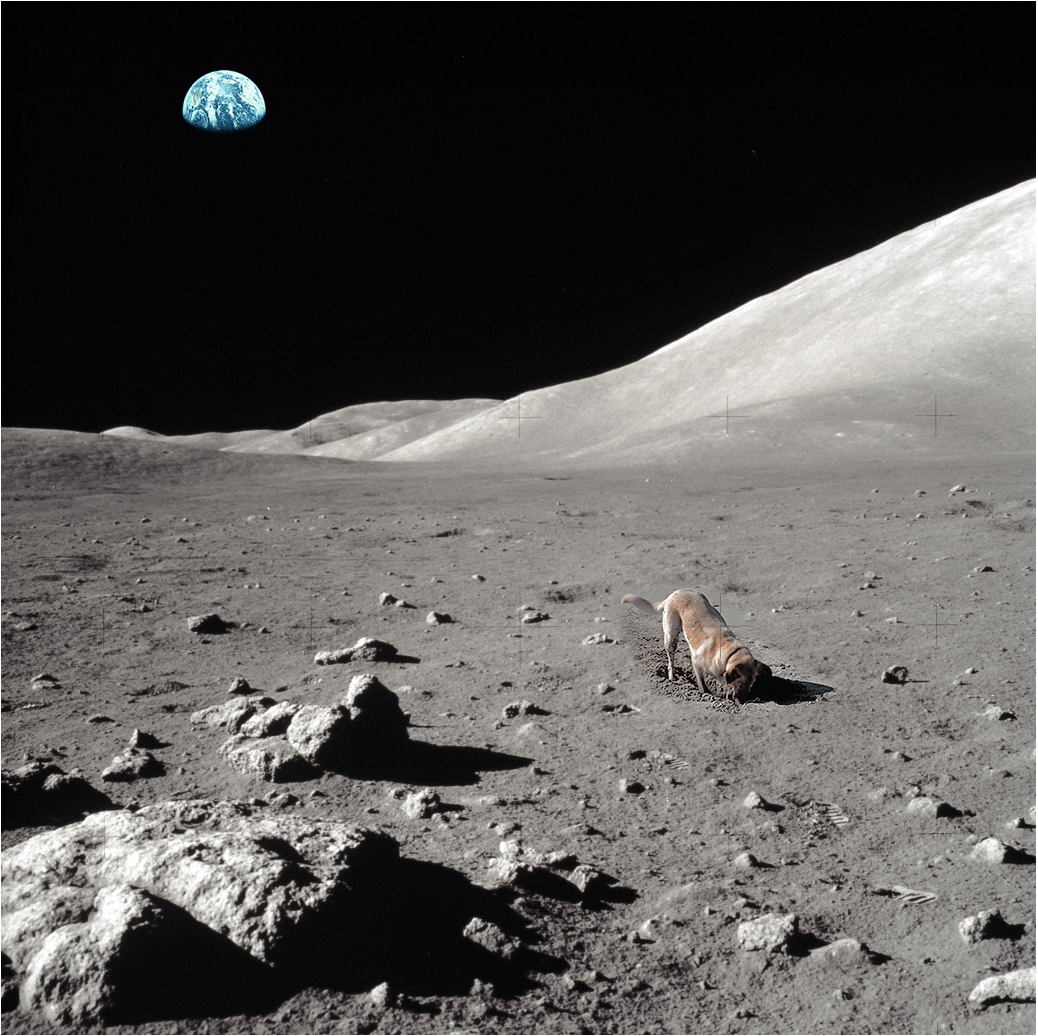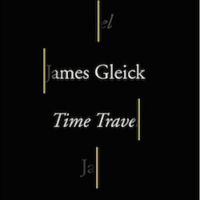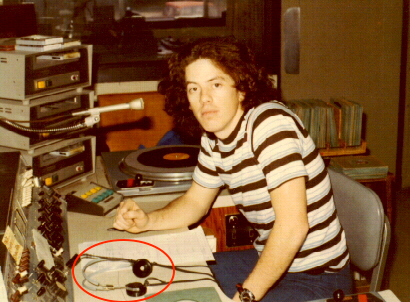
Time Travel: A History by James Gleick
 “From the acclaimed author of The Information and Chaos, here is a mind-bending exploration of time travel: its subversive origins, its evolution in literature and science, and its influence on understanding time itself.”
“From the acclaimed author of The Information and Chaos, here is a mind-bending exploration of time travel: its subversive origins, its evolution in literature and science, and its influence on understanding time itself.”
Sleeping into the future is what we do every night.
“Man can do what he will, but he cannot will what he wills.” — Arthur Schopenhauer
“People living in different countries kill each other at irregular time intervals, so that also for this reason anyone who thinks about the future must live in fear and terror. I trust that posterity will read these statements with a feeling of proud and justified superiority.” — Albert Einstein’s message in the time capsule buried at the 1939 New York World’s Fair
We know that complete certainty must always elude us. We know that for certain.
“Time and space are modes by which we think, and not conditions in which we live.” — Albert Einstein
“I have approximate answers and possible beliefs and different degrees of certainty about different things, but I am not absolutely sure of anything.” — Richard Feynman
What is time? Things change, and time is how we keep track.
Schopenhauer asserted that life and dreams are pages from the same book. To read them in their proper order is to live, but to browse among them is to dream.
No one can really explain how memories are formed and retrieved. Nor can anyone explain away Proust’s paradoxical contention: that the past cannot truly be recovered by searching our memories, by interrogating them, by rewinding the film or reaching back into the drawer; rather, that the essence of the past, when it comes to us at all,comes unbidden.
If you ever see yourself coming out of a time machine, run the other way as fast as you can. Nothing good can come from meeting yourself. — Charles Yu
We experience childhood one way when we’re living it and another way when we relive it in memory.
But if memory is the action of recollection, the act of remembrance, then it implies an ability to hold in the mind two constructs, one representing the present and another representing the past, and to compare them, one against the other. How did we learn to distinguish memory from experience?
Our conscious brains invent the concept of time over and over again, inferring it from memory and extrapolating from change. And time is indispensable to our awareness of self. […] You order the slices of your life. You edit the film even as it records.
“There were buttons and switches everywhere—buttons to call for food, for music, for clothing. There was the hot-bath button, by pressure of which a basin of (imitation) marble rose out of the floor, filled to the brim with a warm deodorized liquid. There was the cold-bath button. There was the button that produced literature, and there were of course the buttons by which she communicated with her friends. The room, though it contained nothing, was in touch with all that she cared for in the world.” — The Machine Stops by E. M. Forster
Why do we need time travel, when we already travel through space so far and fast? For history. For mystery. For nostalgia. For hope. To examine our potential and explore our memories. To counter regret for the life we lived, the only life, one dimension, beginning to end.
“We know it all now, with our thoughts travelling at the speed of tweet. We are time travelers into our own future. We are Time Lords.” — Ali Smith
If we confuse the real world with our many virtual worlds, it’s because so much of the real world is virtual.
Time’s winged chariot isn’t taking us anywhere good. […] The past, in which we did not exist, is bearable, but the future, in which we will not exist, troubles us more.
“We perceive time only because we know we have to die.” — Heidegger
Officially a joke
If the thing you care about most in the world is the opinion of others (especially celebrity others), I don’t know what could be worse than having a really smart, witty writer — who knows you — whip up on your ass. Graydon Carter in Vanity Fair:
“This ramshackle campaign, following a ramshackle business career, has exposed his flaws and failures to the world and, more importantly, to the people he will brush up against for the rest of his life. To them he is now officially a joke. I suspect he knows this. And if his thin skin on minor matters is any indication, he will be lashing out with even more vitriol. He is a mad jumble of a man, with a slapdash of a campaign and talking points dredged from the dark corners at the bottom of the Internet. I don’t think he will get to the White House, but just the fact that his carny act has gotten so far along the road will leave the path with a permanent orange stain. Trump, more than even the most craven politicians or entertainers, is a bottomless reservoir of need and desire for attention. He lives off crowd approval. And at a certain point that will dim, as it always does to people like him, and the cameras will turn to some other American novelty. When that attention wanes, he will be left with his press clippings, his dyed hair, his fake tan, and those tiny, tiny fingers.”
“A permanent orange stain.” Ouch. Not sure what this next bit says but it says… something.
“At one point we sent checks for $1.11 out to 58 of the “well-known” and “well-heeled” to see who would take the time to endorse and deposit the checks from a firm we called the National Refund Clearinghouse. The ones who deposited the $1.11 checks were sent 64-cent checks, and the ones who deposited those were sent checks for 13 cents. This being in the days before electronic deposits and such, the exercise took the better part of a year. At the end, only two 13-cent checks were signed—and we couldn’t believe our good fortune. One was signed by arms trader Adnan Khashoggi. The other was deposited by Donald Trump.”
And could there be a sadder, more depressing summary of the last fifteen years?
“It can reasonably be argued that the presidency of George W. Bush was an eight-year warm-up act for the final stage of a dumbed-down America: a Trump presidency. You can draw a relatively straight line from the Florida recount of 2000, which took Bush into office, right through to the shambolic Trump campaign. The election of Bush led to the invasion of Iraq, which led to the de-stabilization in the Middle East (Libya, Egypt, Syria), which led to the migrant crisis, which led to European nationalism, Brexit, and, at the tail end of all these disasters, Trump.”
Master Persuading all over this election
Until giving up a few months ago, I struggled to understand Scott Adams’ fascination with Donald Trump. Slate’s Ben Dolnick succeeded where I failed.
“Every time Trump wins, Adams wins, too—Trump is the giant crushing his rivals one by one; Adams is the genius who saw that he would do it.”
“As his rightness about Trump became more apparent throughout last summer and fall, Adams’ blog changed—posts started getting longer and more frequent. His updates began to multiply. More and more of his blog was devoted to things that other people had written about him, or to praise he’d gotten, or to people he’d humiliated.”
Whether Trump wins or loses, I’ll never see Scott Adams as I once did. I liked him better before he was a Master Persuader.
Home remodel
A year ago Barb completed a remodel of our main living area. The first since we built the house 25+ years ago. She knew exactly what she wanted and spared no effort (or expense) to get it. One of the outfits she used (cabinets? appliances?) asked to take some photos and sent a guy last week. I’m thinking he had just the right lens and certainly knew what he was doing because our place doesn’t look this nice. I think of this as the HGTV effect.





New flower bed

Ancient Gardeners (Barb) constructed the flower bed below by stacking big, flat stones. Time and the elements took their toll so strong backs and Bobcats were summoned and treasure was expended and there is now a brand new flower bed (above). When it explodes in color I’ll post another photo.
Teach Your Children (Playing For Change)
AirPods
I spent some money on headphones back in the 70s. When I started at KBOA in ’72 all they had were these WWII-era Bakelite hockey pucks with a piece of vibrating tin inside.

When I saw my first pair of Sennheiser open-air headphones (in a magazine) I ordered a pair and paid for them myself. And, yes, I took them into the studio for my shift and took them with me when done. They were pretty expensive (for the time) and a bit fragile. But I sounded soooo good in those headphones. More accurately, I could hear what I really sounded like and that was important.

Fast forward several light years to the first iPods and the famous white earbuds that all serious music buffs hated. I loved them. They sounded fine to me and they fit my ears just fine. I’ve been using them ever since, pretty much every day.
In a few weeks Apple will start selling AirPods ($150) and I’ll buy a pair on Day One. And I might not be the only one. From Business Insider:
12% of U.S. consumers surveyed by Bank of America Merrill Lynch say they intend to purchase AirPods, apparently on the strength of Apple’s marketing, given that few people have actually seen and tried them out. This is a very bullish sign for Apple, says BAML. “12% of the US installed base could lead to up to an incremental $3bn in revenue,” writes the analysts.
“Apple’s marketing” is one explanation. Another might be that people like me have been using Apple earbuds for fifteen years and like them.
Five most restful activities
“The survey asked people to choose the activities that they find the most restful. The results show that the top five most restful activities are those often done alone:”
- Reading (58 per cent)
- Being in the natural environment (53.1 per cent)
- Being on their own (52.1 per cent)
- Listening to music (40.6 per cent)
- Doing nothing in particular (40 per cent)
More than 18,000 people from 134 different countries took part in the Rest Test, an online survey to investigate the public’s resting habits and their attitudes towards relaxation and busyness.
